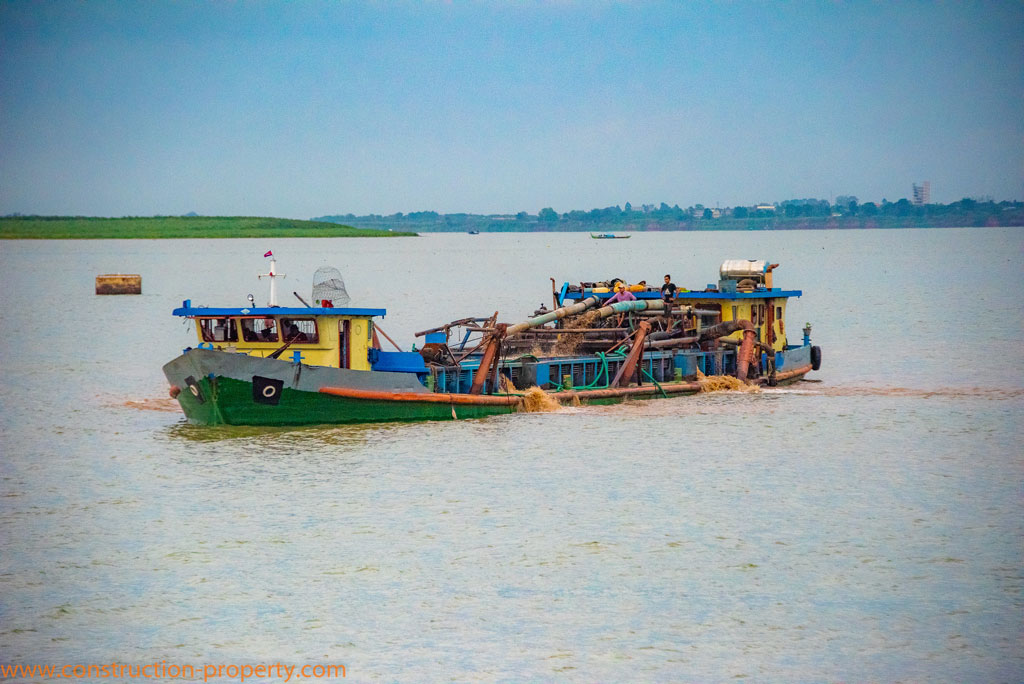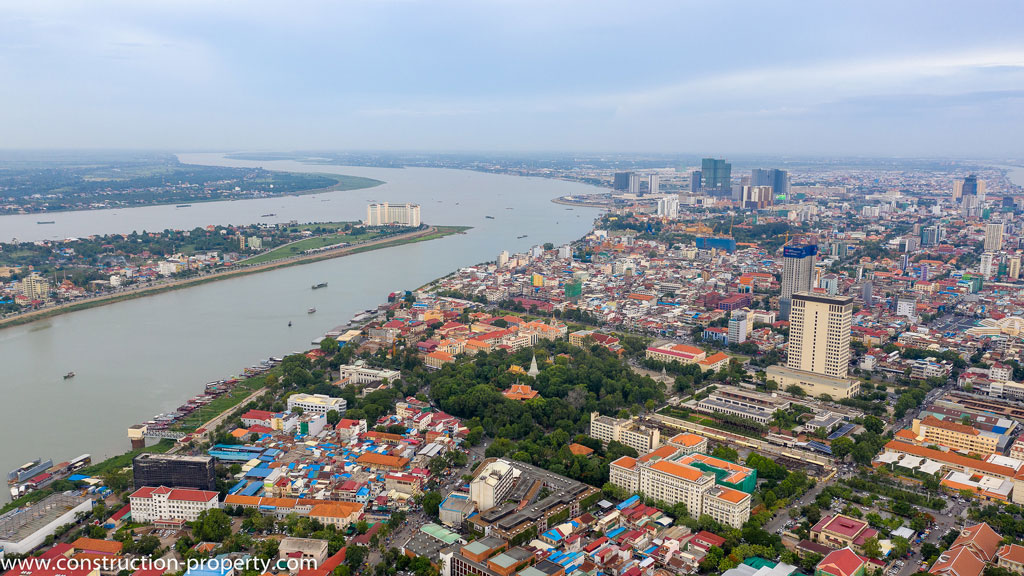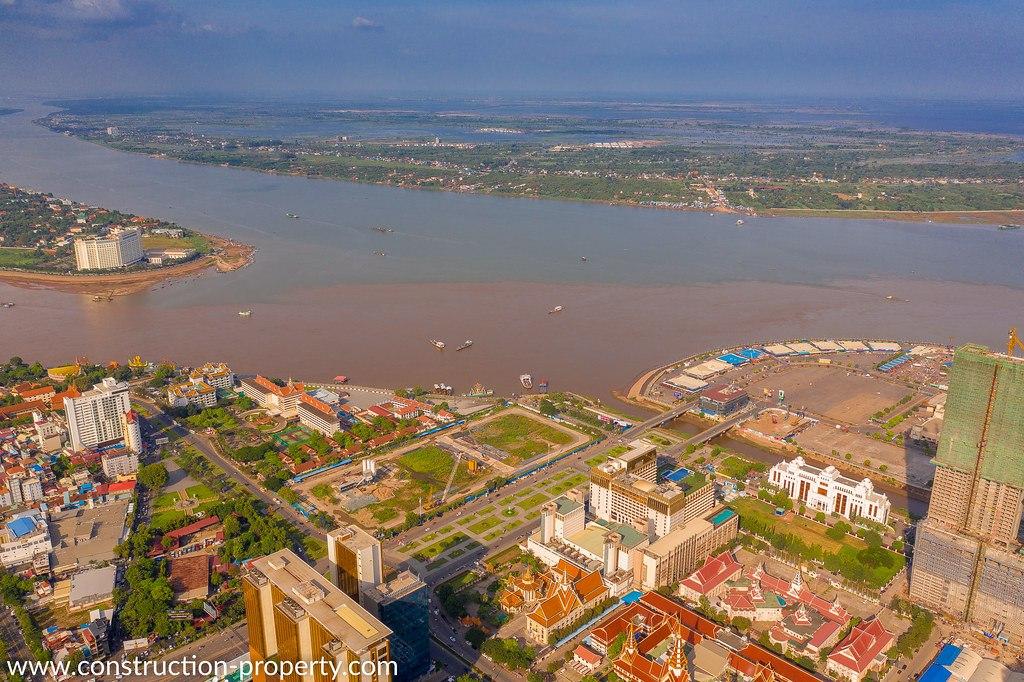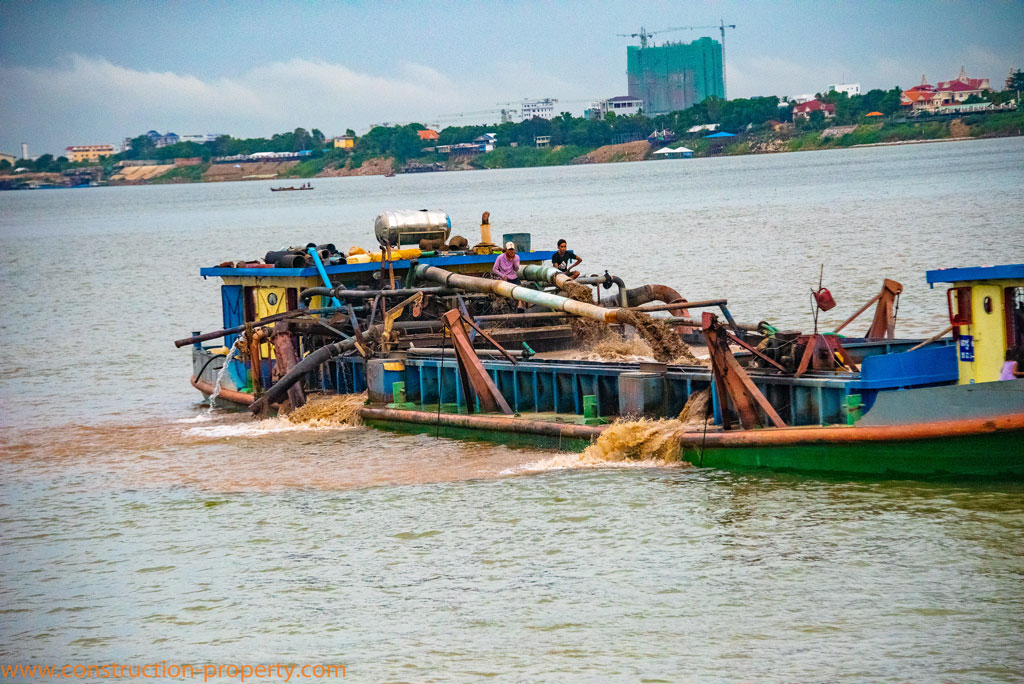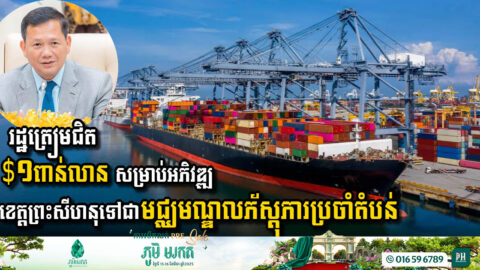Government Announces Plans for Modern Logistics Center in Sihanoukville
The Cambodian government has officially unveiled its ambitious plans to establish a state-of-the-art logistics center as part of the Sihanoukville Logistics Center Development Project. This initiative aims to integrate logistics services for domestic and international loading and unloading of goods and containers. During a recent meeting with a delegation from the International Finance Corporation (IFC) […]
Chinese Company Plans to Open Garment Factories in Cambodia’s Special Economic Zones
In a significant move for Cambodia’s garment industry, Chinese company Nanchang Shunmin has announced its intention to establish garment factories in three special economic zones across the country. The announcement came during a recent meeting between Mr. Kong Puthera, Cambodia’s Trade Attaché in Beijing, and representatives from Nanchang Shunmin, as they discussed potential investment and […]
Cambodia Set to Invest Nearly USD1 Billion in Sihanoukville’s Development as a Regional Logistics Hub
In a significant step towards enhancing its economic infrastructure, the Cambodian government has unveiled plans to invest nearly $1 billion in the development of Sihanoukville into a major regional logistics hub by 2029. This ambitious investment will unfold in three key phases. The first phase, focusing on the expansion of Sihanoukville Port, is already underway, […]
China Considering Open Agro-Industrial Zone in Cambodia for Raw Materials Production
In a significant development for Cambodia’s industrial landscape, the Ministry of Foreign Affairs of Jiangsu Province, People’s Republic of China, has expressed its willingness to explore the establishment of an agro-industrial zone aimed at producing raw materials. This initiative comes at the request of Cambodian officials to facilitate the production of semi-finished products for both […]
Cambodia Welcomes 12 New Investment Projects, Boosting Economy and Job Creation
In an exciting development for Cambodia’s economy, the Council for the Development of Cambodia has approved 12 new investment projects along with an additional production initiative, totalling an impressive capital investment of over USD 104 million. This landmark meeting took place on March 25, 2025, under the leadership of His Excellency Chea Vuthy, Secretary-General of […]
Panasonic Plans New Factory in Cambodia Amidst Strong Regional Presence
In a significant move, Panasonic Cambodia has announced its intention to establish a manufacturing facility in Cambodia, as part of its ongoing expansion in Southeast Asia. Currently, the renowned Japanese electronics manufacturer operates 19 factories across Thailand and Vietnam, with 15 located in Thailand and 4 in Vietnam. This announcement was made during a productive […]



 ខ្មែរ
ខ្មែរ

